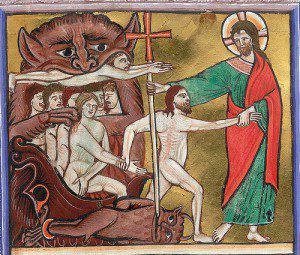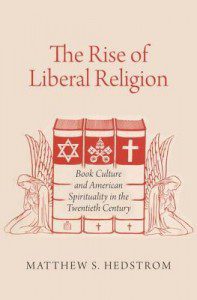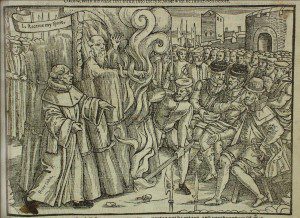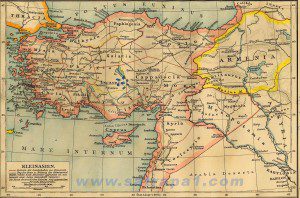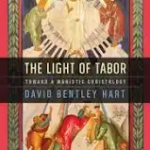Felices Pascuas, Joyeuses Pâques, Buona Pasqua, Glad Påsk… Around the world, Christians use very similar words to wish each other a happy Easter, and with a couple of glaring exceptions, they call the feast by a variant of pascha, Passover. Even Tagalog uses pasko. The odd-tongues-out are of course English itself, and its close ally German, where believers wish Frohe Ostern! That oddity actually says a great deal about the process of inculturation, past and present. Astonishingly in retrospect, English... Read more





